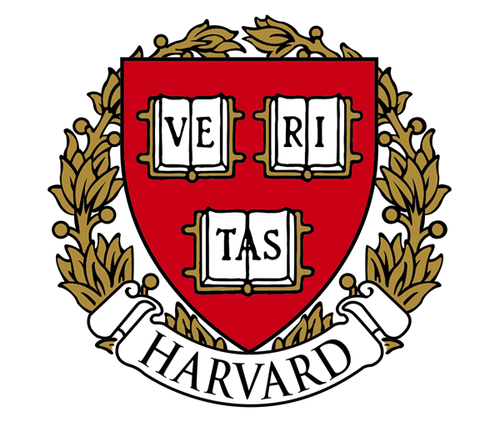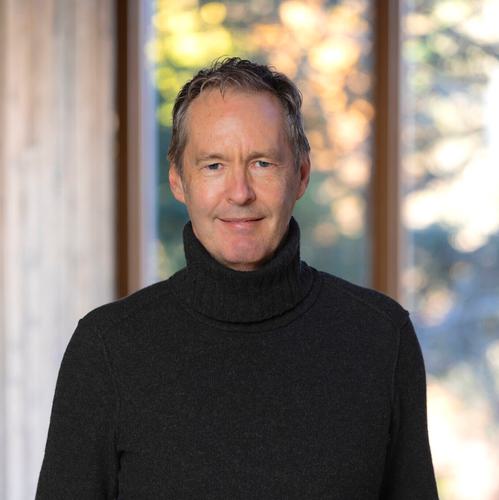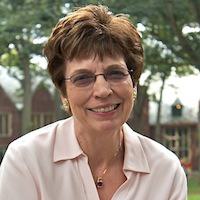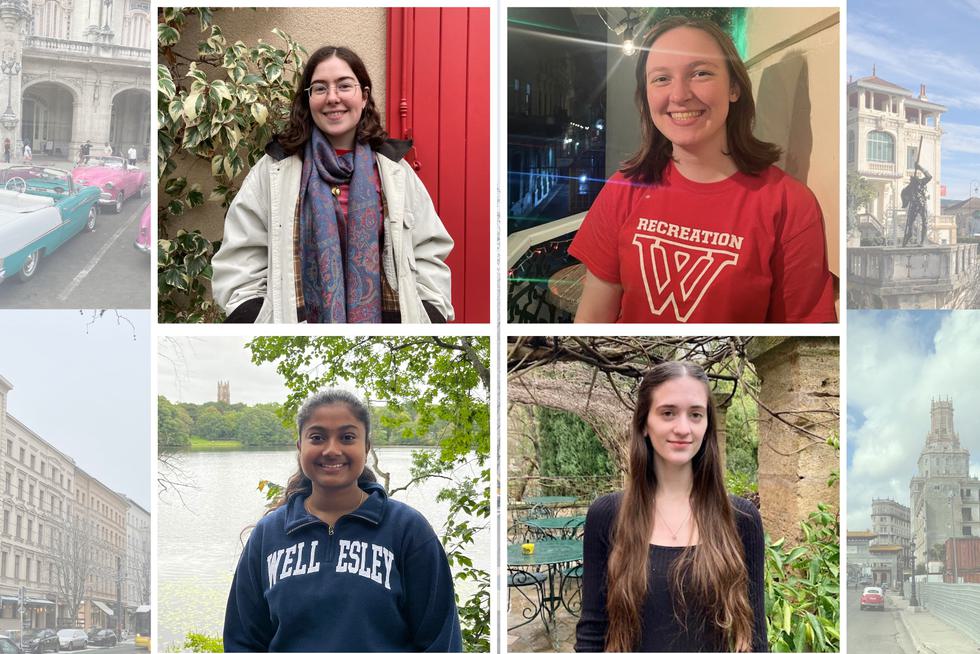German Studies
Academic Department Introduction
German studies focuses on the languages and cultures of Germany, Austria, and German-speaking Switzerland. Our language courses emphasize quick acquisition of communication skills. Most upper-level courses, which give students an in-depth understanding of key time periods, literary and cinematic movements, and social and cultural development in German-speaking countries, are conducted entirely in German.
Our department emphasizes small classes that draw upon interactive and innovative materials. We offer a range of opportunities for students to experience life in German-speaking surroundings, including a Wintersession in Berlin and funded summer internships in Dresden.
Learning goals
- Speak, read, and write German with advanced proficiency.
- Understand key historical moments and representative German-language cultural production from 1800 to the present.
- Build the intercultural fluency necessary to thrive in the different cultural contexts central to our increasingly connected world.
Programs of study
German studies major and minor
Students gain transcultural perspectives on developments in German-speaking cultures.
Course highlights
Intermediate German II
GER202
Strengthening and expanding of all language skills with special emphasis on idiomatic usage. Thorough grammar review, written, oral, and aural practice. Readings on contemporary cultural topics. Three periods.
-
Beginning German I
GER101
An introduction to contemporary German with emphasis on communicative fluency. Extensive practice in all four skills: listening, speaking, reading, and writing. Videos and Web-based activities introduce the student to topics from contemporary culture in German-speaking countries. Three periods. -
Berlin: From Cabarets to Communists
GER237
For the last 150 years, the city of Berlin has been a center of artistic experimentation, social revolution, and geopolitical crisis. Using an interdisciplinary selection of texts by designers, planners, artists, filmmakers, theorists, and writers, this course introduces students to the complex culture of the German capital from 1871 – the year of modern Germany’s founding - to the present. Key areas of inquiry will include the realist and naturalist literature of the late nineteenth century, political shifts during World War I, the innovative film of the Weimar Republic, fascist urban planning, the social upheavals of the 1960s, and the cultural contradictions of today’s Berlin. Taught in German. This course will include a review of key advanced grammar concepts.
Places and spaces
Study abroad
We encourage students to study abroad through a German-speaking program, where they can focus on German studies as well as many other fields. We work closely with them to find programs with the courses, support, and living experiences they are interested in. Among the programs available to our students is Tufts in Tübingen, which offers courses at the Eberhard Karls University of Tübingen.
Wintersession in Berlin
Led by a faculty member of the German Studies Department, Wintersession in Berlin provides an intensive fourth-semester language experience that includes daily classroom instruction and an exploration of the history, culture, and everyday life of this European metropolis.
Departmental library
Our cozy departmental library is open for language cafés with our tutors or for individual study.
Research highlights
-
Emily Bell ’14 received the 2014 U.C. Berkeley Prize for Undergraduate Essays in German Studies for the thesis she wrote in our department, “Representations of the Staatssicherheitsdienst in Christa Wolf’s Was bleibt, Antje Ravic Strubel’s Sturz der Tage in die Nacht, and Hermann Kant’s Kennung.”
-
Katharina Christoph ’21 assisted Professor Thomas Nolden in the editing and publication of two volumes of collected essays: Beyond the Textual: Practices of Translation and Adaptation (Königshausen & Neumann, 2022) and In the Face of Adversity: Translating Difference and Dissent (University of Chicago Press, 2023).
Opportunities
-
Dresden summer internships
We offer two paid summer internships in Dresden. At Entwicklungspolitisches Netzwerk Sachsen, students work at an organization dedicated to environmental, educational, or social policies. At Stiftung Frauenkirche Dresden, students can work in arts and cultural management, architectural research, international outreach, or peace and social justice.
-
German Club and living learning community
Our club members collaborate on campus events, field trips, and other activities related to the culture of German-speaking countries. Students can also apply to join the German living learning community, located within a Wellesley residence hall, to build an intellectual community with others interested in German studies and to practice speaking German outside of class on a daily basis.
Beyond Wellesley
Beyond Wellesley
Careers of German studies grads include government, higher education, journalism, media, and publishing. Recent employers include an immigration law firm, Heinrich-Böll-Stiftung in Washington DC, and the Deutscher Bundestag, the federal parliament of Germany. A significant number of our graduates have received Fulbright awards or German Academic Exchange Service awards for study in Germany or Austria directly after graduation.
Recent Employers






Alum highlights
-
Amy Lin ’22

Amy Lin ’22
My German studies were the most rewarding aspect of my College experience and reinforced why I chose Wellesley. Without the encouragement and support the German Department gave me, I wouldn’t be at the Harvard School of Dental Medicine. Learning to articulate my thoughts in a different language taught me humility and open-mindedness, qualities I use daily with patients and others.
-
Katie Christoph ’21

Katie Christoph ’21
Studying German reinforced an acute attention to even the smallest detail in a written work, which helps immensely in my work for a law office. I’ve translated documents from German to English for litigation with transnational corporations. My German training instilled in me the eagerness (and patience) to apply myself to another highly technical language: the letter of the law.
106 Central Street
Wellesley, MA 02481











